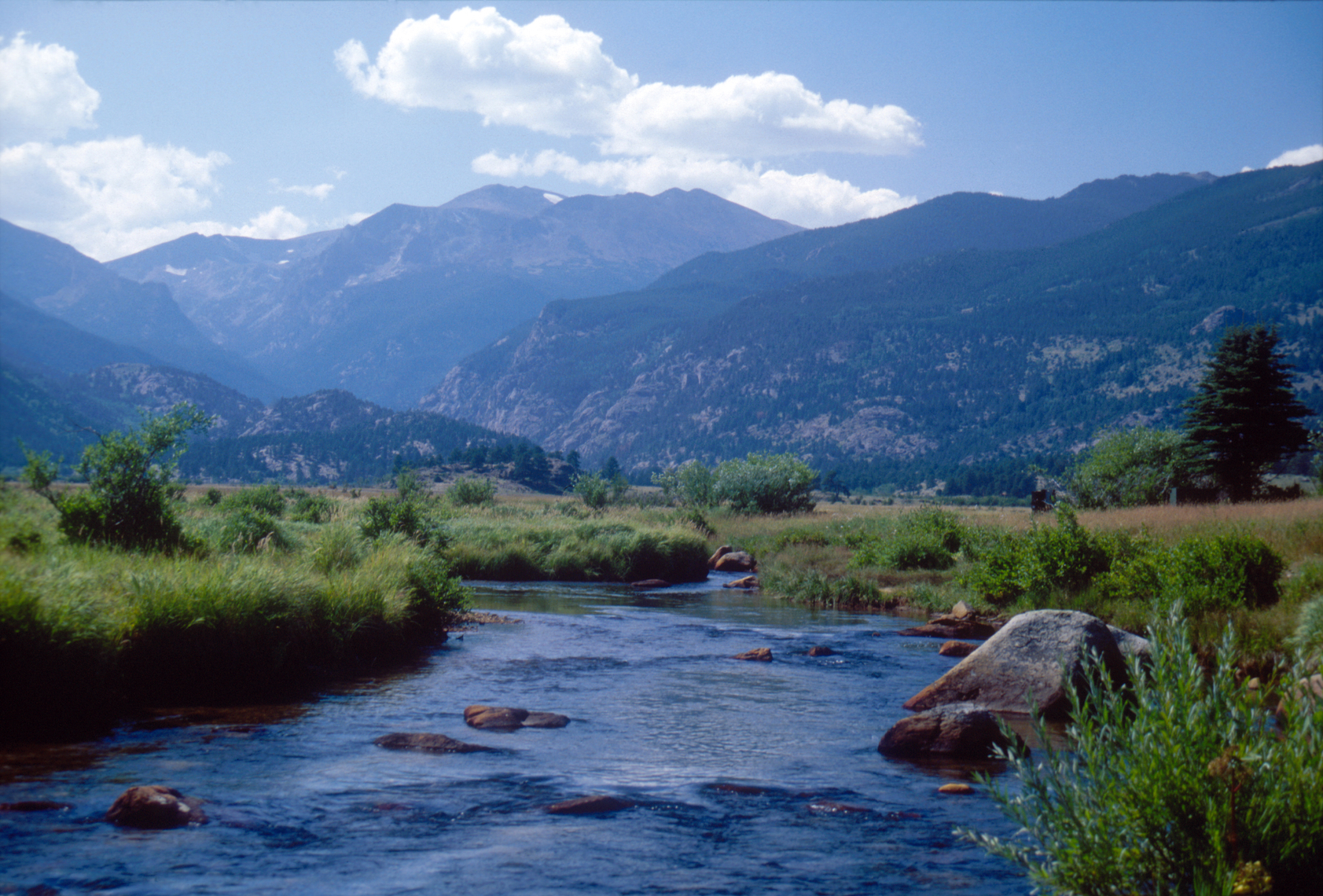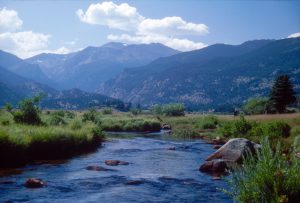
by Mark Udall
Water makes the West as we know it. Congressman Wayne Aspinall put it best: In the West, when you touch water, you touch everything. Never have these words rang more true that today, as we endure a record 16th year of drought in the Colorado River basin — and nearly everyone and everything has been affected.
Demand for water in the river basin now exceeds supply, threatening the drinking water supply for 40 million users of the Colorado River, an indispensable agricultural yield that depends on sufficient water, and the river that powers a $26 billion outdoor recreation economy based on river-related activities. Clearly everything we can do to conserve water and use it more efficiently means a great deal at this point.
Understanding this, President Obama has recently taken several successive measures to bring drought relief and resiliency to Colorado and many of the suffering areas that depend on the Colorado River. In March, coinciding with World Water Day, he issued a directive calling on federal agencies to ramp up the nation’s capabilities to address long-term drought resilience, ordering agencies to collaborate on drought-related activities in key watersheds. It benefits taxpayers and our environment when we ensure that drought resiliency and recovery assistance operates at peak effectiveness.
Subsequently, Agriculture Secretary Tom Vilsack and Bureau of Reclamation Commissioner Estevan López announced in June their intent to boost funding for and better coordinate their respective key water conservation programs: the Environmental Quality Incentive Program and WaterSMART, respectively. This kind of investment and collaboration is essential at a time when drought is the new normal in the West.
That said, our work is far from over. The WaterSMART grant program, championed by Deputy Secretary of the Interior Mike Connor, is a critical component of efforts to restore water supply and demand balance in the West. WaterSMART grants have been a powerful tool for spurring locally-led water conservation projects. These grants come with a match requirement that leverages federal investment dollar for dollar with state and private funding, which means they’re great for taxpayers as much as water users. However, very few projects that have received grants thus far have benefited fish or wildlife habitat, or put water back into our rivers, even though species recovery is one goal of the program.
Just a few small adjustments to WaterSMART grant criteria would make the program even more productive. If we began to reward collaborative, multi-stakeholder efforts to improve watershed health while creating agriculture or municipal water supply benefits, our environment and recreation economy would also stand to benefit. We would create more drought resiliency by keeping water in our rivers and protecting wildlife habitat while improving the reliability of municipal or agricultural water supply. We should also look at how grant recipients can be more transparent about sharing data related to water use and savings. These are small changes to Reclamation’s successful WaterSMART program that would create even more public benefit by supporting local, collaborative, place-based solutions to water scarcity.
Without question, the administration has taken important steps this year to combat drought in the Colorado River and in other key watersheds across the United States. But, there’s always more to do. Coming from “the geography of hope” Westerners are willing. I would urge the Administration to partner with us and adopt these modest but strategic changes to the Interior Department’s water conservation grant program. Water is everything in the West, and we must work together and do everything in our power to protect and sustain a healthy Colorado River — no matter how small the step may seem — so that it may continue to be an environmental, recreational, and economic resource and a vital source of life for us all.
Mark Udall represented Colorado in the United States Senate from 2009 to 2015 and in the House of Representatives from 1999 to 2009.
This oped first appeared in Morning Consult.
